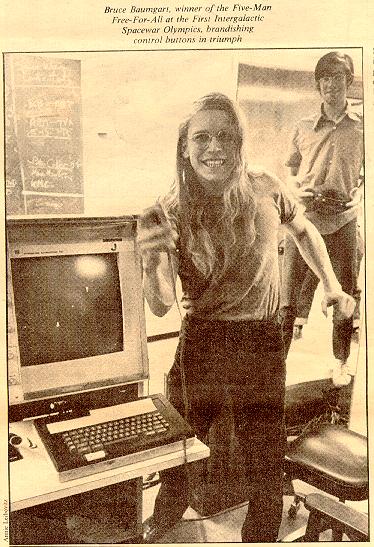Tag: video game history
SPACEWAR

Stewart Brand’s article “S P A C E W A R” chronicles the early history and cultural rise of Spacewar!, one of the first digital video games, in the December 1972 issue of Rolling Stone. Through vivid anecdotes and firsthand reporting, Brand captures the excitement of the pioneering “Intergalactic Spacewar Olympics” at Stanford’s AI Lab and the hacker‑driven evolution of gaming culture. This historic piece highlights how a simple two‑player space combat game helped spark the modern video game era. You can read the full article here. This excerpt is shared under fair use for educational and non-commercial purposes. All rights to the original content belong to Stewart Brand and Rolling Stone.
The Tetris Effect

Justin Wolfe’s article “The Tetris Effect” delves into the profound and lasting impact of video games, particularly the classic Tetris, on the human mind and life. Through personal anecdotes and psychological insights, Wolfe explores how immersive gaming experiences can alter perception, memory, and even emotional well-being. The piece offers a compelling look at the intersection of gaming and psychology. You can read the full article here. This excerpt is shared under fair use for educational and non-commercial purposes. All rights to the original content belong to Justin Wolfe and The Awl.

